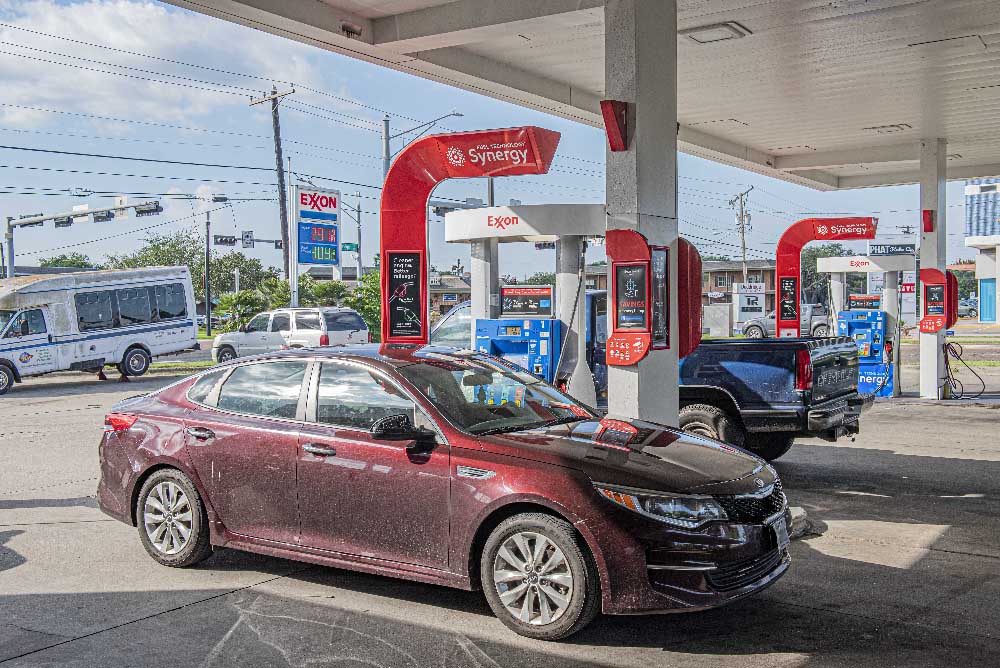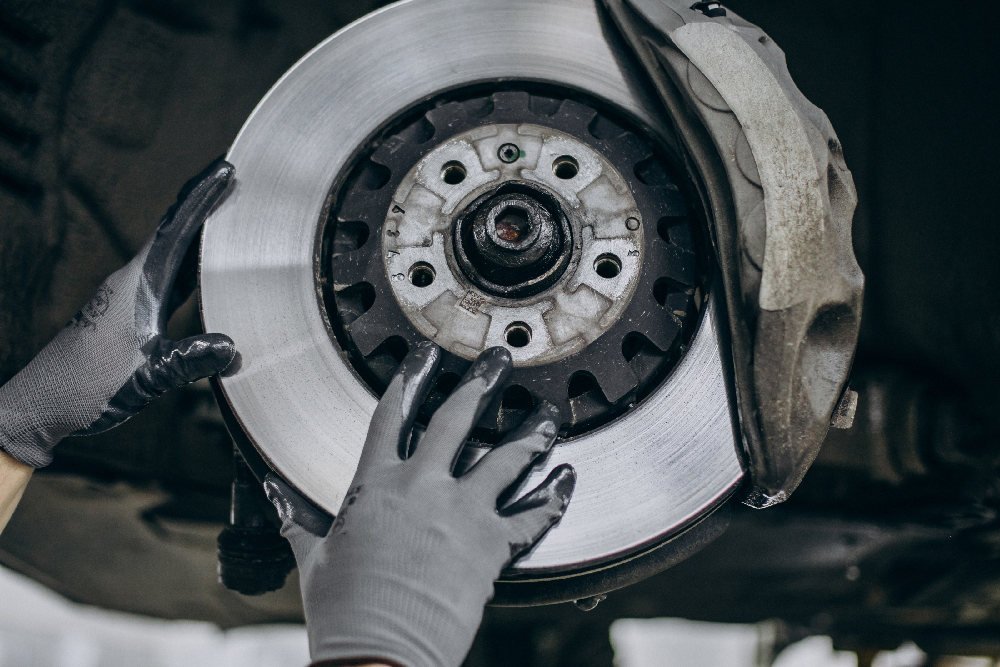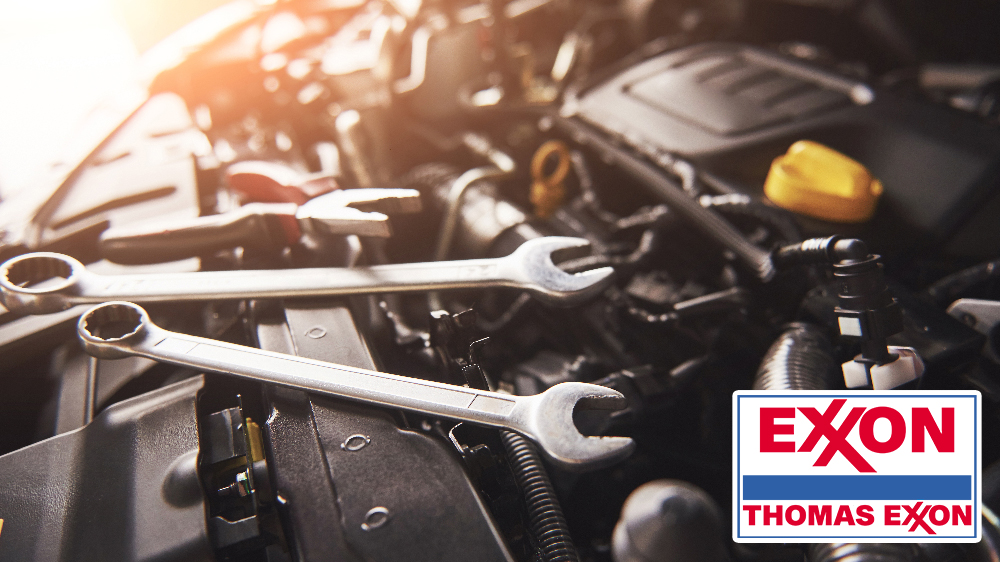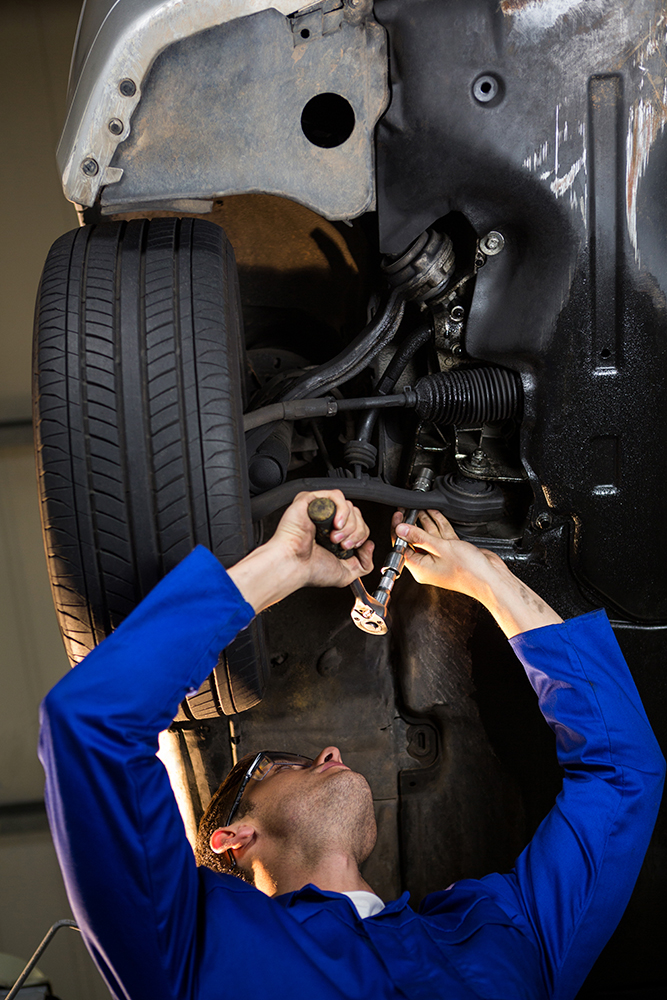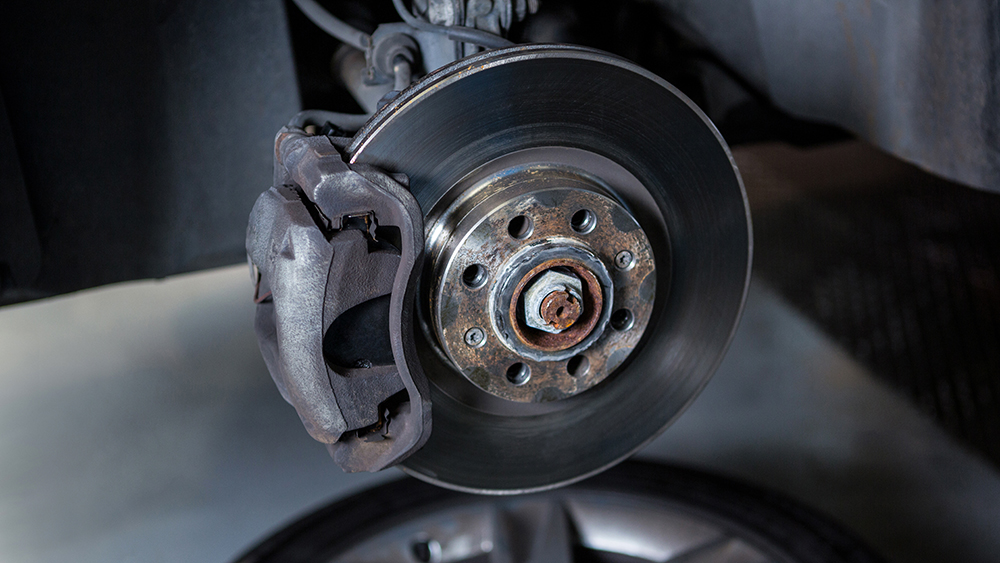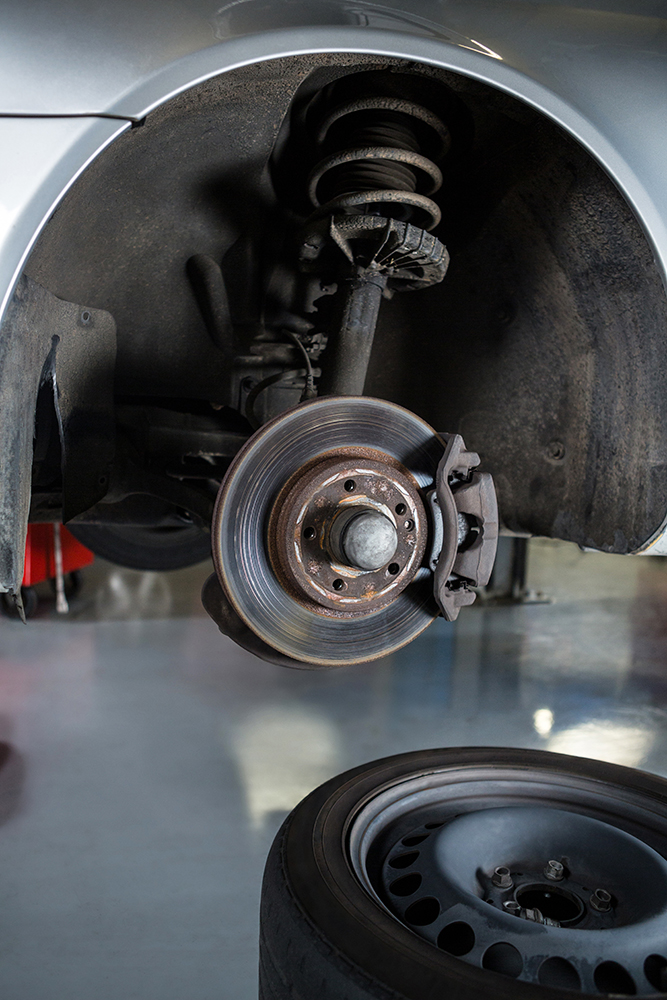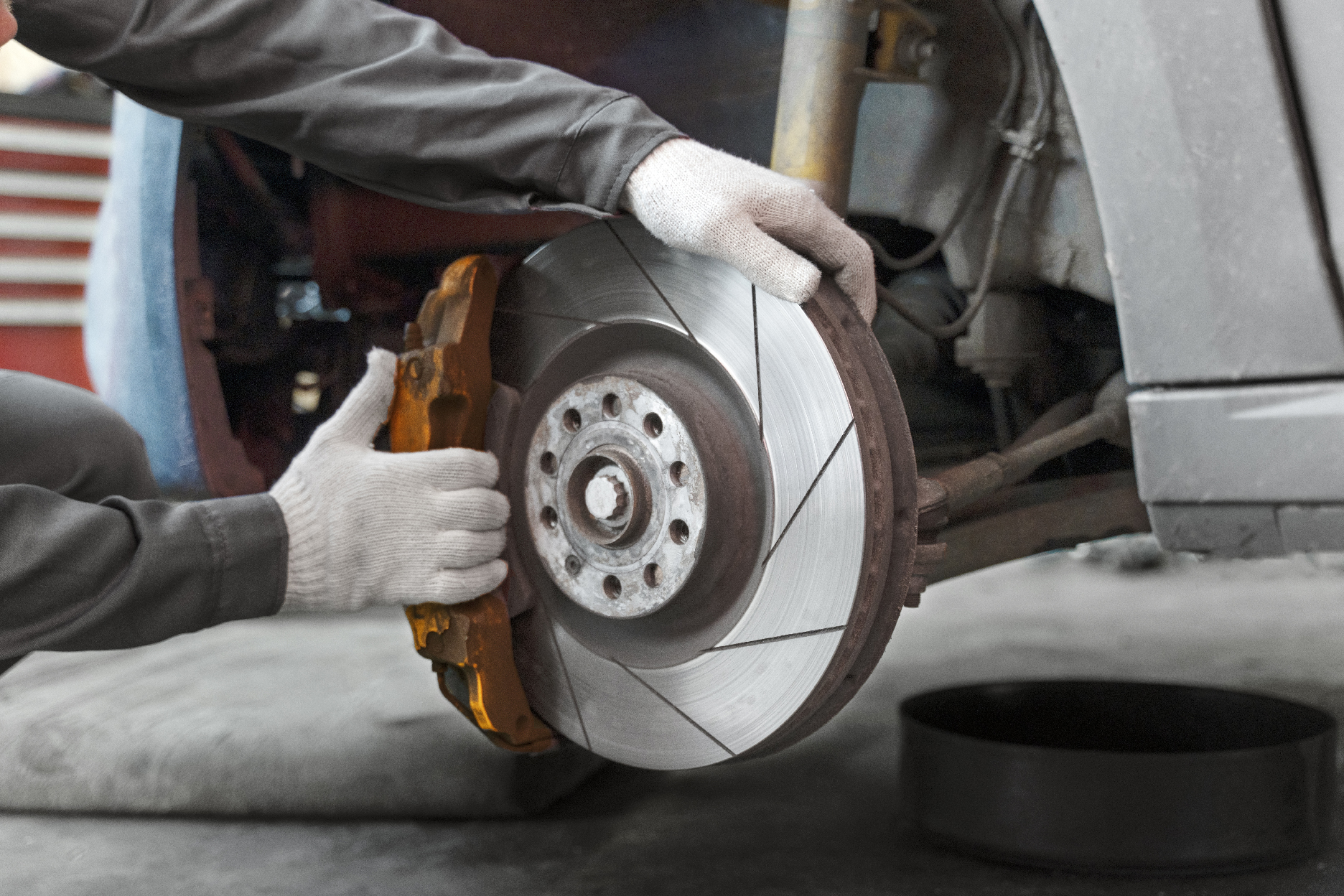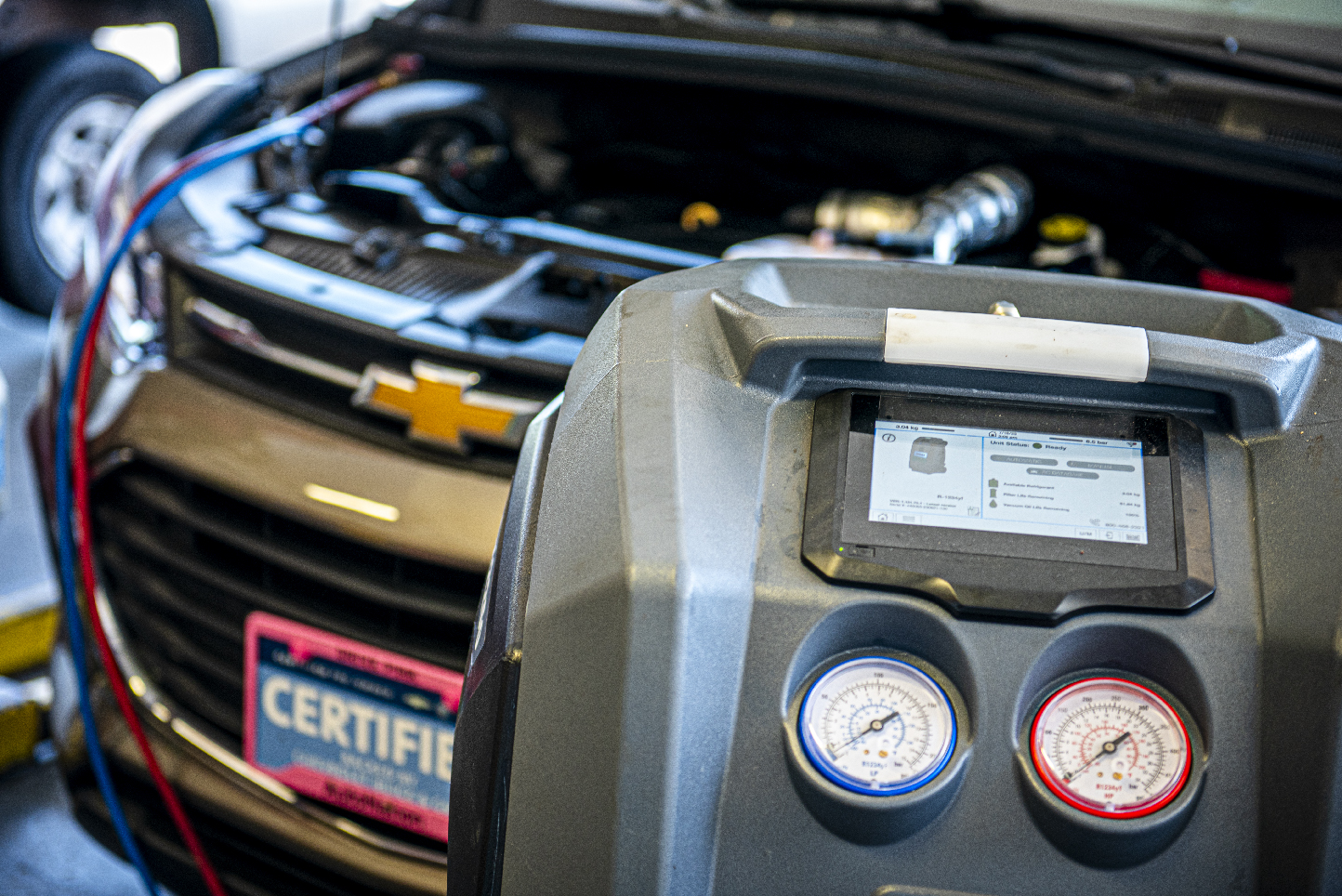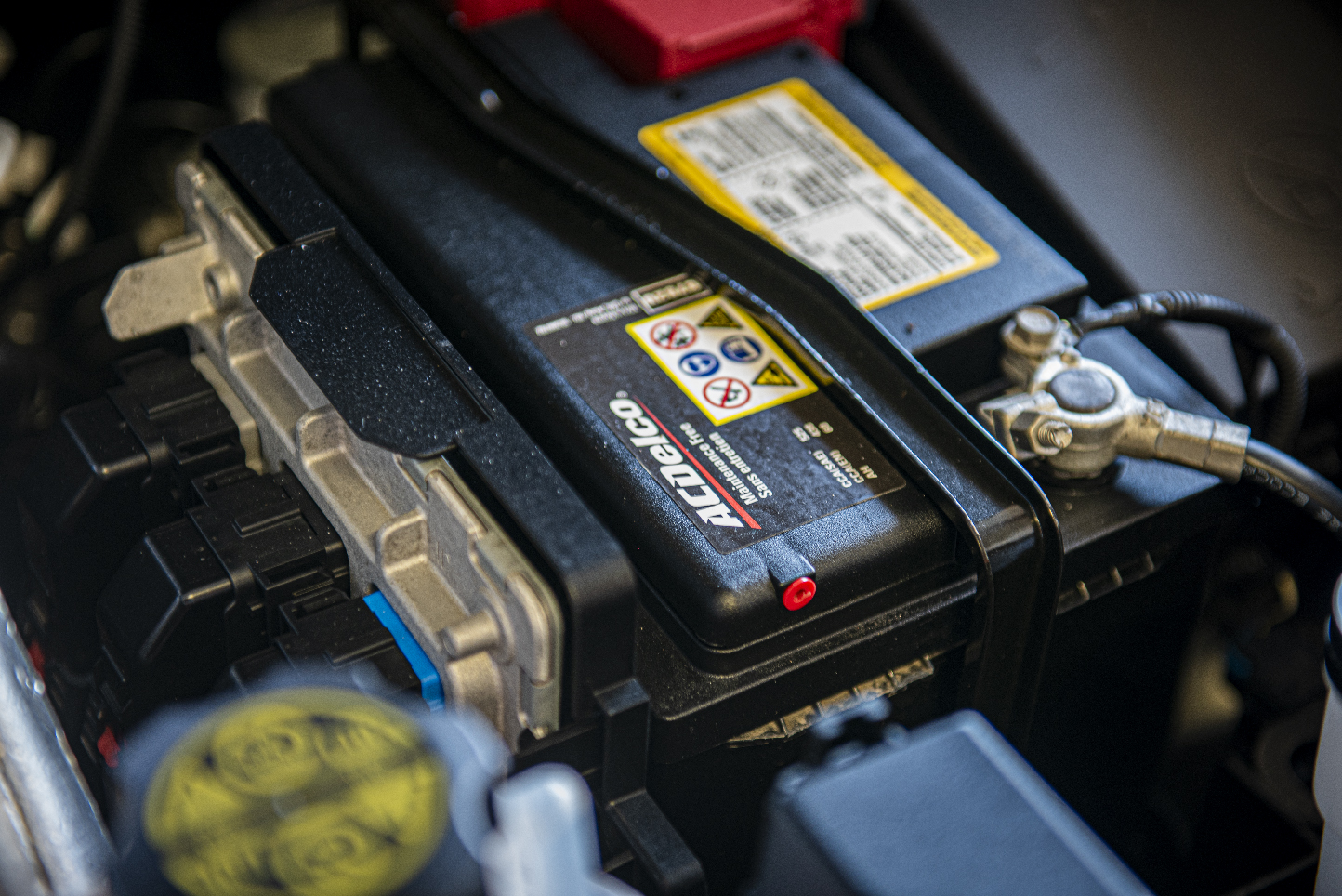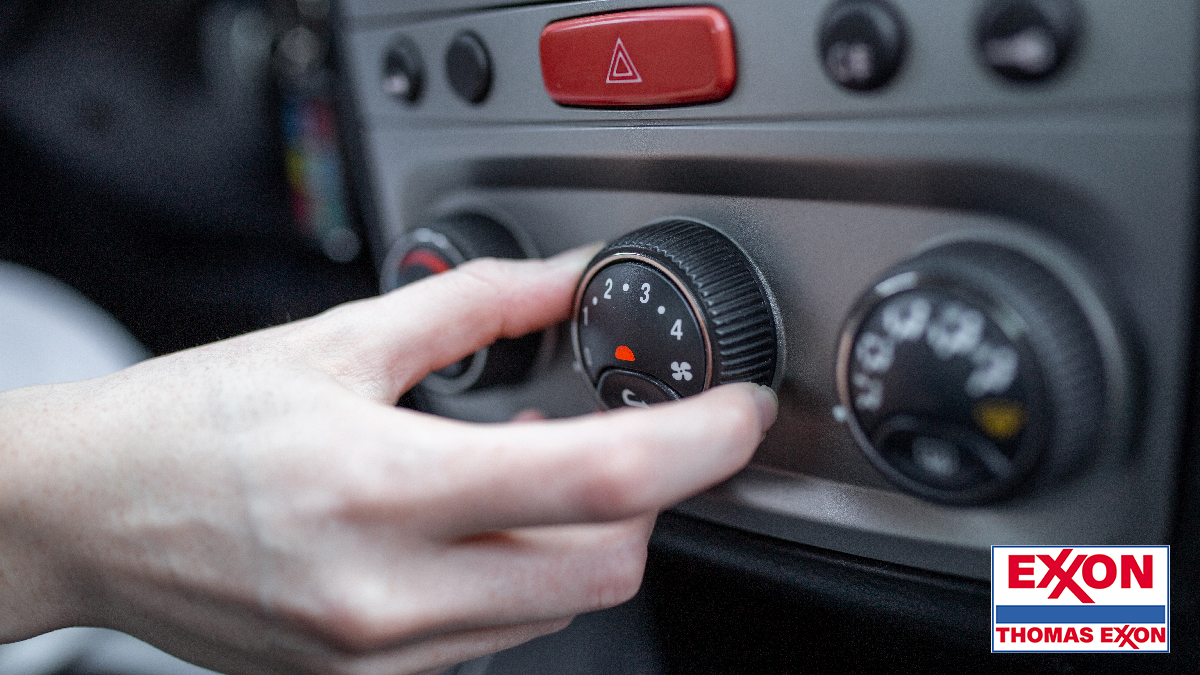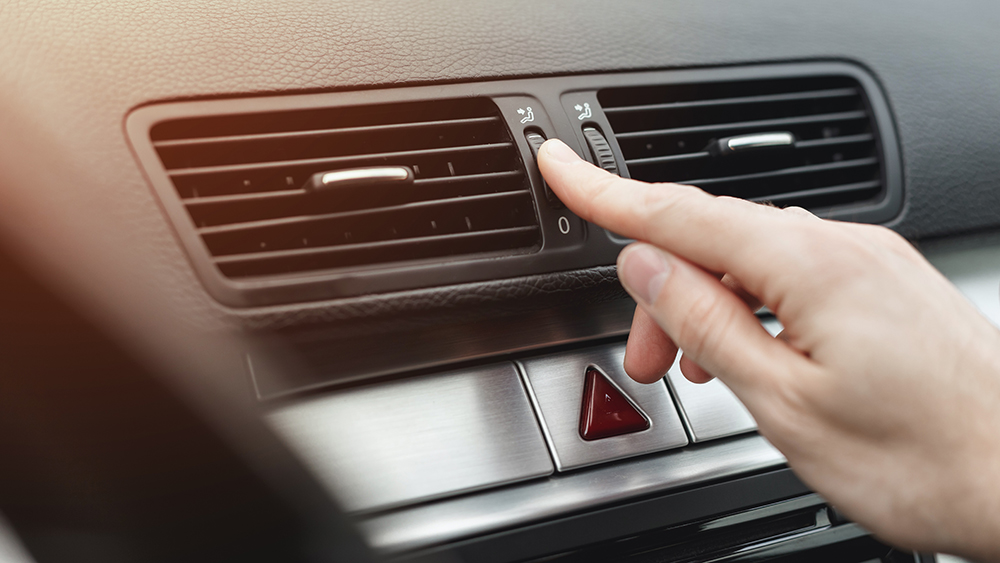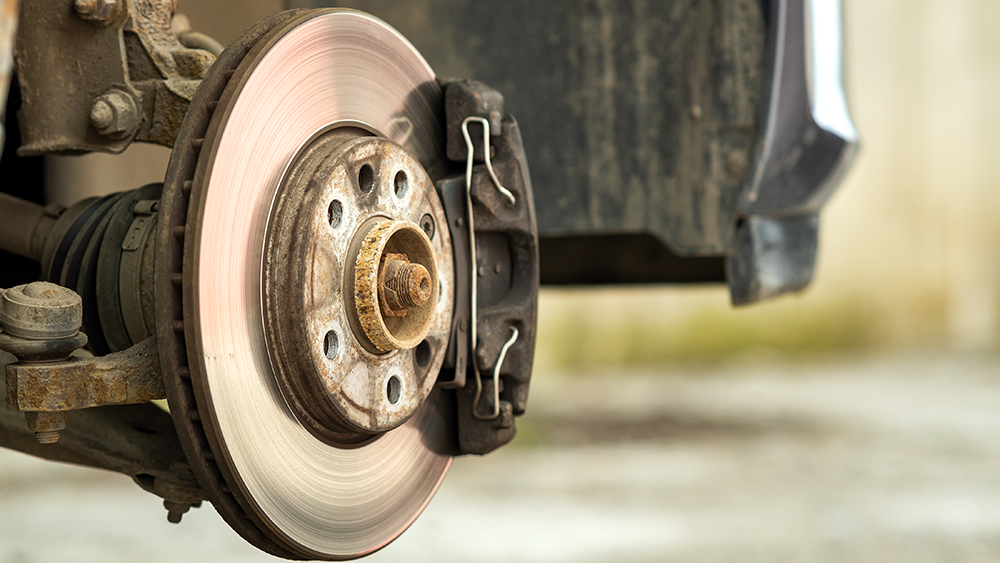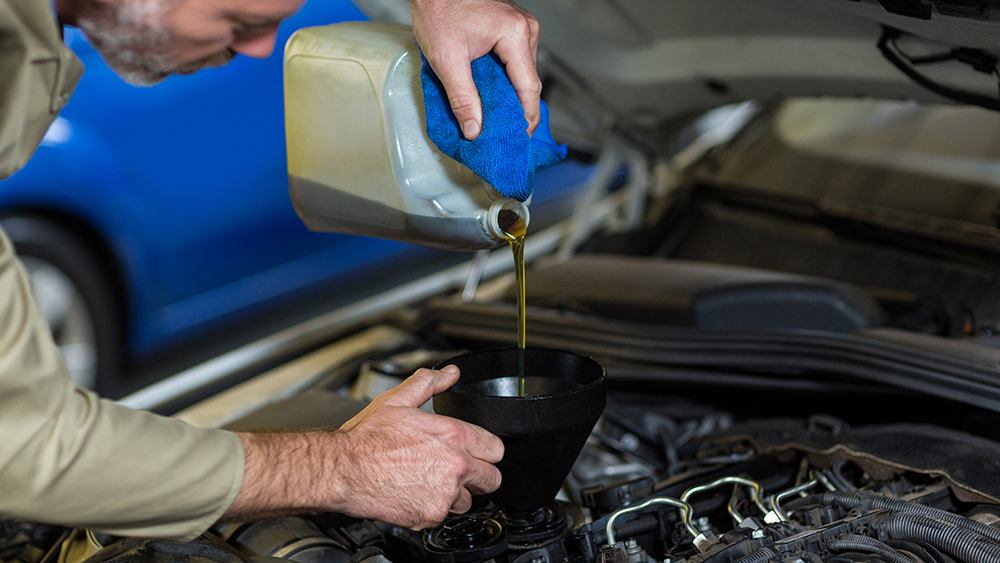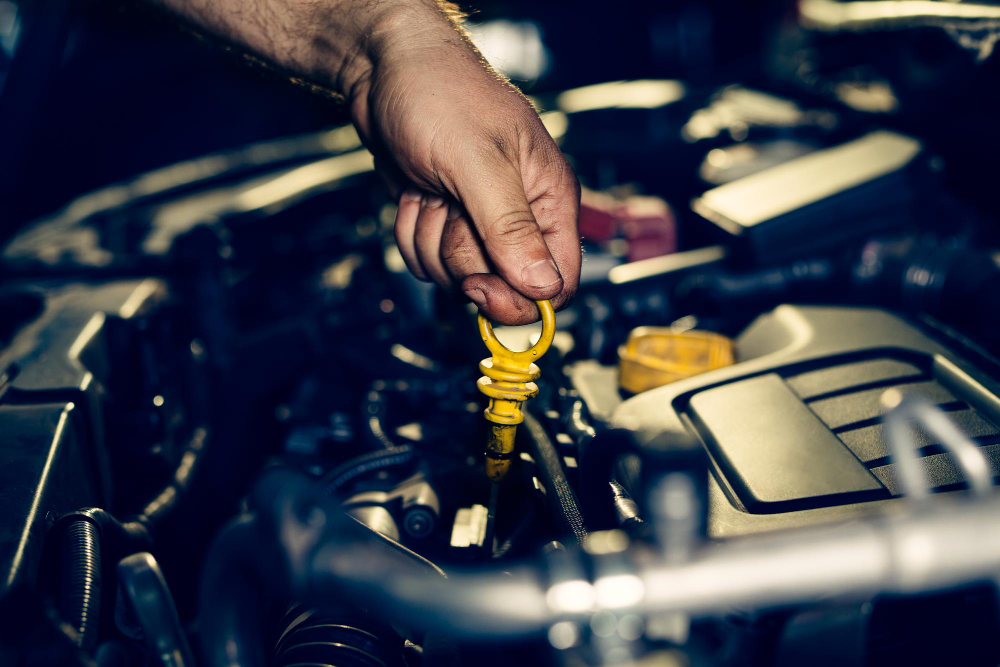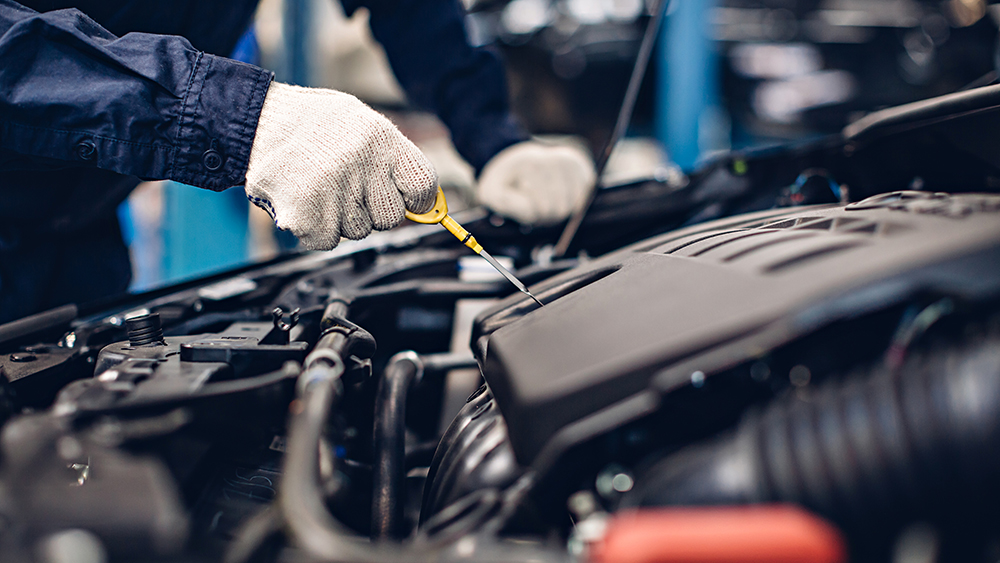Car troubles can be a major inconvenience, especially when you’re unsure of the cause. Fortunately, being able to diagnose common engine problems yourself can save you time and money. This comprehensive guide will help you identify and troubleshoot some typical engine issues to determine if you need auto repair in Corpus Christi.
While some problems may require a professional, understanding the basics can help you make informed decisions. Additionally, remember, Thomas Exxon is a full-service auto shop in Corpus Christi you can trust for all your auto repair needs.
1. Check Engine Light for Auto Repair in Corpus Christi
The check engine light is a common indicator that something is wrong with your vehicle. Typically, it can mean a variety of issues, from minor to serious ones.
Diagnosing the Problem
- Loose Gas Cap: Sometimes, a simple loose gas cap can trigger the check engine light. Make sure it is tightly secured.
- Oxygen Sensor: A faulty oxygen sensor can cause your car to run inefficiently. An OBD-II scanner can help diagnose this issue.
- Catalytic Converter: Problems with the catalytic converter can also trigger the light. If your car is having trouble accelerating or emitting unusual fumes, it may be the culprit.
What to Do for Auto Repair in Corpus Christi
If the check engine light is on, start by checking the gas cap. Additionally, if that doesn’t solve the issue, use an OBD-II scanner to identify the problem or visit an auto repair shop like Thomas Exxon for a comprehensive diagnosis.
2. Engine Overheating
An overheating engine can cause severe damage if not addressed promptly.
Diagnosing the Problem
- Coolant Levels: Low coolant levels are a common cause of overheating. Check the coolant reservoir and radiator.
- Radiator Fan: Ensure the radiator fan is working properly. If it’s not running, it can’t cool the engine effectively.
- Thermostat: A stuck thermostat can prevent coolant from flowing through the engine, causing it to overheat.
What to Do for Auto Repair in Corpus Christi
Check your coolant levels and top off if necessary. Moreover, inspect the radiator fan and thermostat. If you’re unable to identify the issue, it’s best to seek professional help from an auto mechanic.
3. Unusual Engine Noises
Strange noises from your engine can be alarming and often indicate underlying issues.
Diagnosing the Problem
- Knocking Sounds: These can result from using the wrong fuel grade or having an issue with the ignition timing.
- Squealing Belts: A worn or loose belt can produce a squealing noise. Therefore, inspect the belts for wear and tear.
- Tapping or Clicking: This could be due to low oil levels or a problem with the valve train.
What to Do
Check your fuel grade and switch to the recommended one if necessary. Furthermore, inspect belts for wear and replace them if needed. Ensure your oil levels are adequate. For persistent noises, consult a mechanic at a full-service auto shop.
4. Poor Fuel Economy
A sudden drop in fuel efficiency can indicate several potential issues with your engine.
Diagnosing the Problem
- Tire Pressure: Low tire pressure can increase fuel consumption. Check and maintain proper tire pressure.
- Air Filter: A dirty air filter can restrict airflow and reduce efficiency. Specifically, inspect and replace it if necessary.
- Fuel System: Issues with the fuel injectors or fuel pump can affect fuel economy.
What to Do
Regularly check tire pressure and replace the air filter as part of your preventative maintenance. Consequently, if the problem persists, have your fuel system inspected by a professional.
5. Engine Stalling for Auto Repair in Corpus Christi
Engine stalling can be dangerous and is usually a sign of a more significant problem.
Diagnosing the Problem
- Spark Plugs: Worn or faulty spark plugs can cause stalling. Therefore, inspect and replace them if needed.
- Fuel Filter: A clogged fuel filter can restrict fuel flow, leading to stalling. Additionally, check and replace it if necessary.
- Idle Air Control Valve: This valve controls the engine’s idle speed. If it’s faulty, it can cause stalling.
What to Do
Inspect and replace spark plugs and the fuel filter. Thus, if stalling continues, the idle air control valve may need professional attention.
6. Car Won’t Start
Few things are more frustrating than a car that won’t start. This issue can stem from several sources.
Diagnosing the Problem
- Battery: A dead or weak battery is a common cause. Therefore, check the battery voltage and connections.
- Starter Motor: If the starter motor is faulty, the engine won’t turn over. Specifically, listen for a clicking sound when you turn the key.
- Fuel System: A lack of fuel can prevent the car from starting. Ensure there’s fuel in the tank and that the fuel pump is working.
What to Do
Test the battery and replace it if necessary. Additionally, inspect the starter motor and fuel system. If the issue persists, a professional mechanic can help diagnose the problem.
7. Excessive Exhaust Smoke
Different colors of exhaust smoke can indicate various engine problems.
Diagnosing the Problem
- Blue Smoke: This usually indicates burning oil, which can result from worn valve seals or piston rings.
- White Smoke: White smoke can signify coolant entering the combustion chamber, often due to a blown head gasket.
- Black Smoke: This indicates excessive fuel burning, which can be a result of a faulty fuel injector or air filter.
What to Do for Auto Repair in Corpus Christi
Check your oil levels and look for any signs of leaks. If you suspect a blown head gasket, seek professional help immediately. Inspect and replace the air filter if necessary.
8. Loss of Power Requiring Auto Repair in Corpus Christi
A sudden loss of engine power can be unsettling and dangerous.
Diagnosing the Problem
- Fuel Issues: A clogged fuel filter or failing fuel pump can restrict fuel flow, leading to power loss.
- Airflow Issues: A dirty air filter or faulty mass airflow sensor can disrupt the air-fuel mixture.
- Ignition Problems: Worn spark plugs or a failing ignition coil can cause power loss.
What to Do for Auto Repair in Corpus Christi
Check and replace the fuel filter and air filter. Next, inspect the mass airflow sensor and ignition components. For persistent power loss, we recommend a professional diagnosis.
9. Vibrations or Shaking
Unusual vibrations or shaking can be a sign of underlying engine issues.
Diagnosing the Problem
- Engine Mounts: Worn or damaged engine mounts can cause vibrations.
- Spark Plugs: Faulty spark plugs can lead to misfires, causing the engine to shake.
- Tires and Alignment: Unbalanced tires or alignment issues can also cause vibrations.
What to Do
Inspect engine mounts and replace them if necessary. Moreover, check spark plugs and replace worn spark blogs. Balanced and properly align your tires.
10. Oil Leaks that Require Auto Repair in Corpus Christi
Oil leaks are a common issue and can lead to significant engine damage if not addressed.
Diagnosing the Problem
- Gaskets and Seals: Worn gaskets and seals are common sources of oil leaks.
- Oil Pan: A damaged oil pan can cause leaks. Therefore, inspect it for any signs of damage.
- Oil Filter: An improperly installed or damaged oil filter can also cause leaks.
What to Do
Inspect gaskets, seals, the oil pan, and the oil filter for signs of leaks. Finally, replace any damaged components. Regularly check oil levels and top off as needed.
Trust Thomas Exxon for Auto Repair in Corpus Christi
Diagnosing common engine problems yourself can save you time and money. However, some issues require professional attention. Thomas Exxon is a full-service shop for auto repair in Corpus Christi you can trust.
Whether you need routine car maintenance, preventative maintenance, or complex auto repair, our skilled mechanics are here to help. Contact us today to ensure your vehicle runs smoothly and safely and get professional auto repair in Corpus Christi today.

